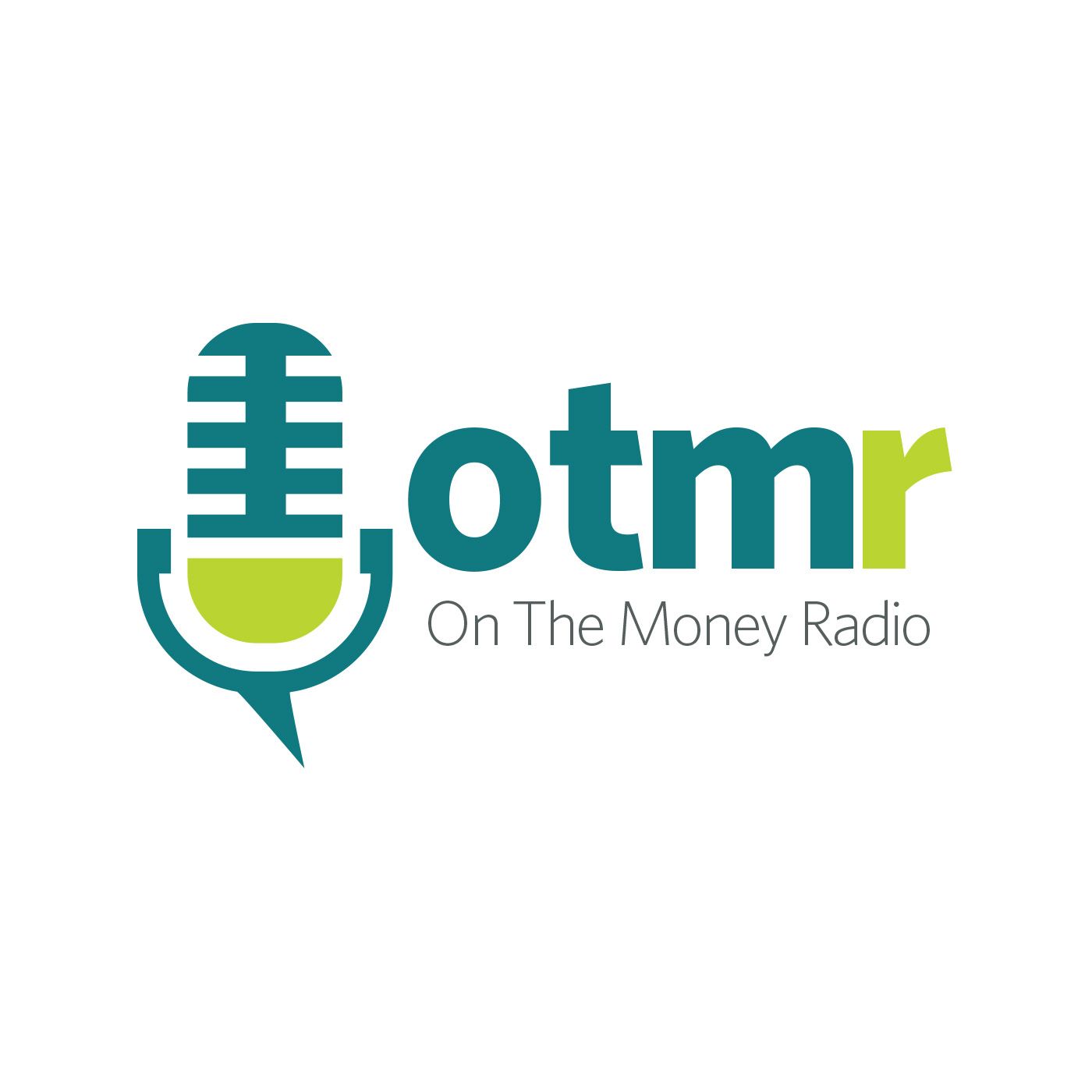Conventional Wisdom Regarding Your Mortgage

b"With Holden Lewis, Senior Mortgage Analyst and Senior Editor at bankrate.com
The conventional wisdom regarding home mortgages is that the 15-year is better than the 30-year plan in the long run. After 15 years, you\\u2019ll own your home free and clear, a basic tenet of the American dream, and you\\u2019ve paid fewer fees and a lower interest rate.
Holden Lewis, Senior Editor at bankrate.com and a senior mortgage analyst, recently wrote an article focused on the\\xa0drawbacks of taking out a 15-year mortgage, why people typically opt for them as opposed to a 30-year mortgage, and why they often refinance at some point into that 15-year period.
On the surface, it appears that the main drawback of the 15-year mortgage is a higher monthly payment. Holden says that part of the appeal is the emotional satisfaction that comes with knowing you can have your home paid off in a shorter period of time and, that when that day comes, no matter what happens, your safety net, your security zone, is that home.
But a deeper analysis reveals that having a 30-year mortgage actually gives you more flexibility and security in hard times. As Holden explains it, \\u201cLet's say the car needs a big repair and someone is hospitalized.\\xa0 All of a sudden, you\\u2019ve got all these huge bills.\\xa0 If you have a 30-year loan with that smaller monthly payment than a 15-year loan, then you just have more room to pay all of your bills, including your mortgage.\\u201d You\\u2019d be better prepared for any of life\\u2019s unexpected events.
He advises taking out a 30-year loan and paying extra on that mortgage each month as long as you can. Assuming there is no financial crisis along the way, you have the potential to have the same benefits of a 15-year loan with less interest paid and full home ownership in less time.
With a 30-year loan, you also have the option to refinance into either a 15-year loan or into another 30-year loan with a lower interest rate. \\u201cIf you refinance into another 30-year loan under the scenario I have,\\u201d says Holden, \\u201cif you pay an extra $530.00 a month on this $200,000.00 mortgage, you'll end up paying it off in 15 years, but if you get a 15-year loan, it's $73.00 less than that $530.00 extra.\\u201d You get a break on the interest rate with a 15-year and, again assuming a $200,000 loan amount, you would be ahead $73 a month, an amount you can use for savings.
Paying less on that monthly mortgage offers the possibility to set aside an amount to invest in, perhaps, a basket of common stocks such as the S&P 500, which over a 10 or 20-year period, statistics show would have a higher rate of return than investing in your home.
In addition, cautions Holden, \\u201c\\u2026it would be utter madness to be paying off your mortgage in 15 years when you're carrying a balance on a credit card that has an interest rate of 12% or 18%.\\u201d\\xa0 So before you go for a mortgage, know all the facts and determine what\\u2019s in your best interest."